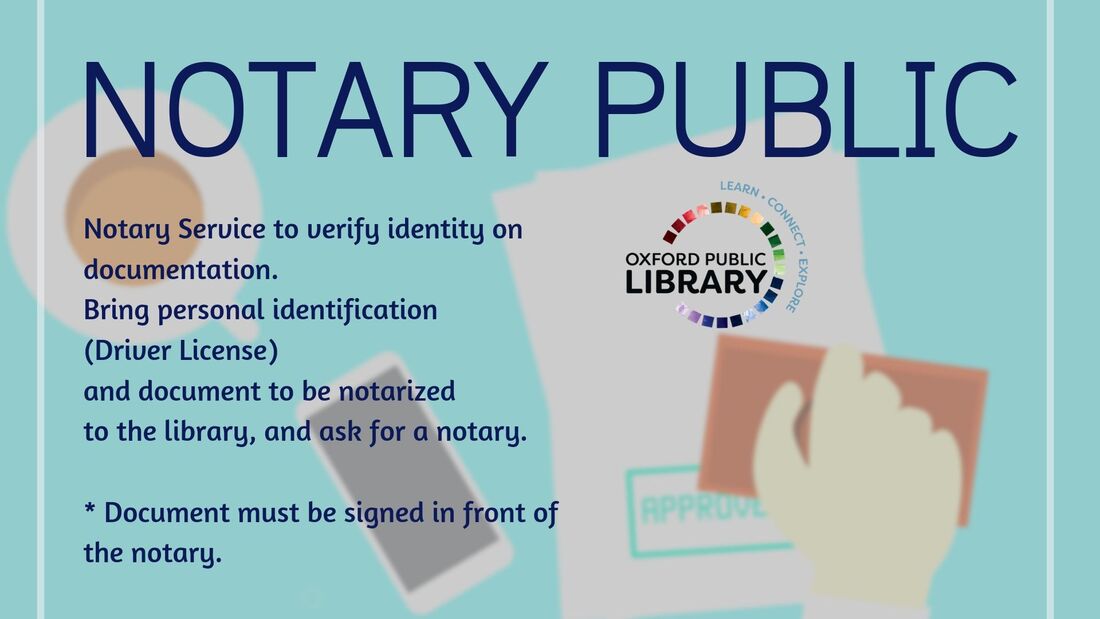Experienced Conveyancer: Navigating Residential Or Commercial Property Transfers with Competence
Experienced Conveyancer: Navigating Residential Or Commercial Property Transfers with Competence
Blog Article
Debunking Notarial Work: Streamlining the Function and Relevance of Notaries
Their role, often shrouded in enigma for many, carries significant weight in making certain the validity and honesty of critical documents. By untangling the intricacies surrounding notarial practices and losing light on the relevance of their acts, a more clear understanding emerges of the essential duty notaries play in supporting the material of lawful and legal contracts.
The History of Notarial Job
The history of notarial work days back to ancient human beings, where scribes played a crucial role in taping important information and validating documents. This led to the advancement of notaries, people assigned by the state to act as impartial witnesses in lawful issues.
During the Center Ages, notaries acquired importance in Europe, with their features increasing to include drafting lawful files, certifying signatures, and protecting documents. The surge of worldwide profession additionally highlighted the value of notarial work in confirming contracts and arrangements throughout boundaries.
In the contemporary age, notaries remain to play an essential duty in legal and service transactions by confirming identifications, validating the credibility of papers, and avoiding fraud. Their function in accrediting the credibility of contracts includes a layer of protection and depend on to the ever-evolving landscape of business and legislation.

Duties and Responsibilities of Notaries
Notaries play a vital role in validating the credibility of files and the identity of signatories. One of their main obligations is to witness the signing of vital records, such as contracts, wills, and deeds, to make sure that all events are getting in into agreements purposefully and voluntarily.
They license duplicates of initial documents, offering guarantee to institutions that the copies are real replicas of the originals. Generally, the duties and obligations of notaries are crucial in protecting the integrity and legitimacy of various records and transactions - Conveyancer.
Notarial Certificates and Signatures
Exemplifying precise focus to detail, notarial certifications and signatures act as vital components in verifying the credibility of lawful files. Notarial certificates usually have crucial info such as the date of notarization, the names of the signatures, a summary of the paper, and the notary's official seal. These certifications provide a clear document of the notarial act, ensuring that the file can be conveniently determined and mapped back to the notary who supervised the procedure.
Signatures play a critical function in notarial job, as they signify the contract and consent of the events entailed. Notaries very carefully witness the finalizing of files to validate the identity of the notaries and confirm that they are signing of their very own free choice. By attaching their official seal and signature to the file, notaries license that the essential treatments have been complied with which the document is enforceable and valid.
Basically, notarial certificates and signatures are the characteristic of authenticity in legal deals, supplying guarantee to all parties included that the records are genuine and binding.
Value of Notarial Acts
Registration Refine Explained
Describing the registration procedure gives clarity on the necessary actions associated with confirming legal records. The notarization process typically begins with the individual presenting the file to a notary public. The notary after that verifies the endorser's identity through appropriate identification methods. Once the identity is confirmed, the notary ensures that the specific signing the document does so willingly and without any kind of threat.

Verdict

Notarial certificates normally contain essential info such as the day of notarization, the names of the signatories, a summary of the record, and the notary's main seal. These certifications give a clear record of the notarial act, making certain that the document can be easily determined and mapped back to the notary who looked after the procedure.
By fastening their main seal and signature to the document, notaries certify that the required procedures have actually been followed and that the document is enforceable and valid.
By verifying the identity of the notaries, verifying their desire to get in right into the agreement, and visit their website certifying the day and area of the finalizing, notaries play an important function in maintaining the credibility of legal records.After the record is authorized, the notary will attach their official seal or stamp onto the file.
Report this page